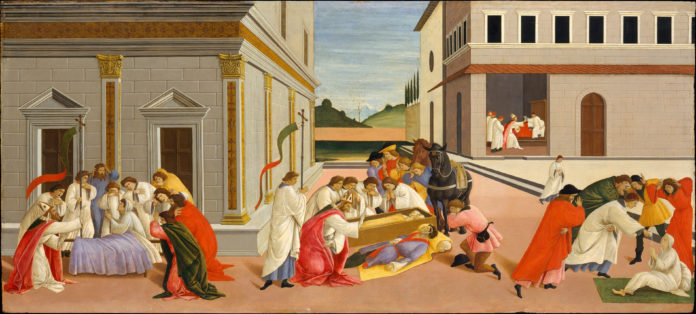
The Isabella Stewart Gardner Museum will be the sole venue in the United States to reunite Renaissance master Sandro Botticelli’s The Story of Lucretia from the Gardner Museum collection with the painter’s Story of Virginia, on loan from Italy for the first time. This presentation explores Botticelli’s revolutionary narrative paintings and brings them into dialogue with contemporary responses.
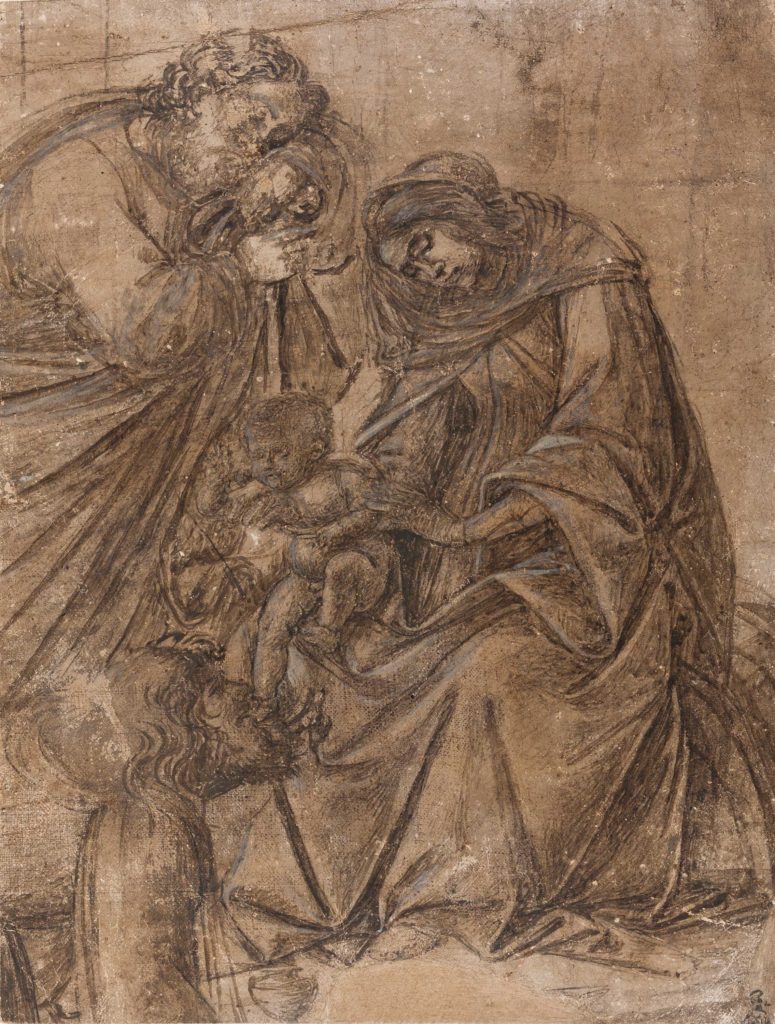
From the museum:
Painted around 1500, eight monumental works — including important loans from museums in Europe and the U.S. — demonstrate Botticelli’s extraordinary talent as a master storyteller. He reinvented ancient Roman and early Christian heroines and heroes as role models, transforming their stories of lust, betrayal, and violence into parables for a new era of political and religious turmoil.
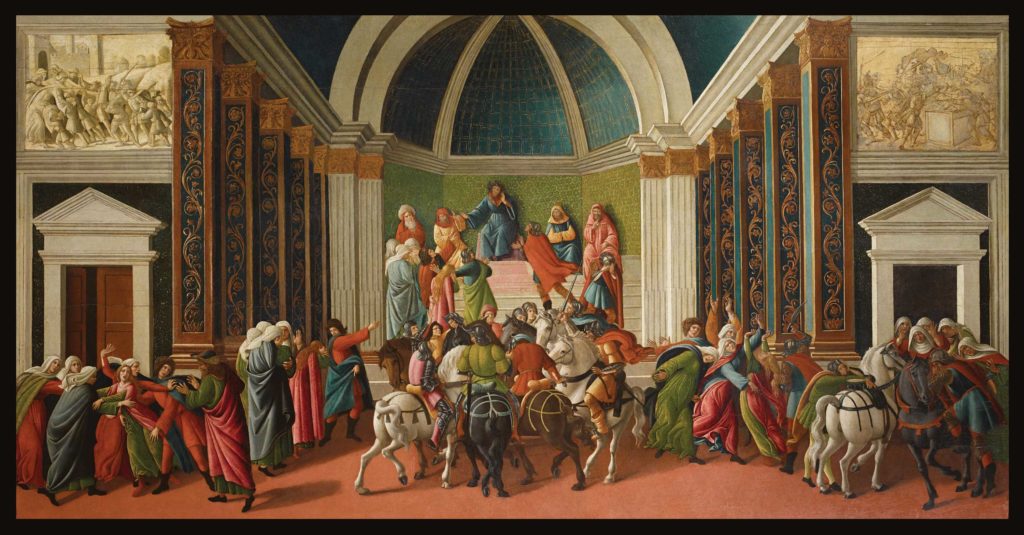
Considered one of the most renowned artists of the Renaissance, Botticelli (about 1445–1510) was sought after by popes, princes, and prelates for paintings to decorate Italian churches. His Medici-era madonnas elevated Botticelli to a household name in Gilded Age Boston. Yet the painter achieved iconic status through his secular paintings — like the Primavera — for the Renaissance home. All of the works in the Gardner’s exhibition originally filled the palaces of Florence, adorning patrician bedrooms with sophisticated modern spins on ancient tales.
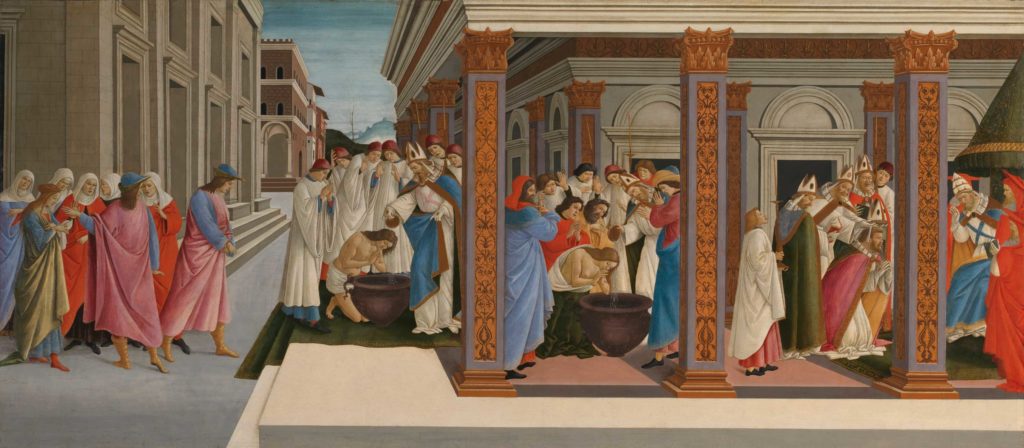
“Botticelli: Heroines and Heroes” is the first-ever exhibition dedicated to Botticelli’s spalliera, a new genre of domestic painting. Deriving from the Italian word spalla or shoulder, the name indicated the height at which Renaissance viewers experienced these captivating images. As the leading painter of Florence, Botticelli looked to the city’s legendary past for heroines and heroes whose lives he reimagined to deliver political, patriotic, and moralizing messages into the residences of the Florentine elite.
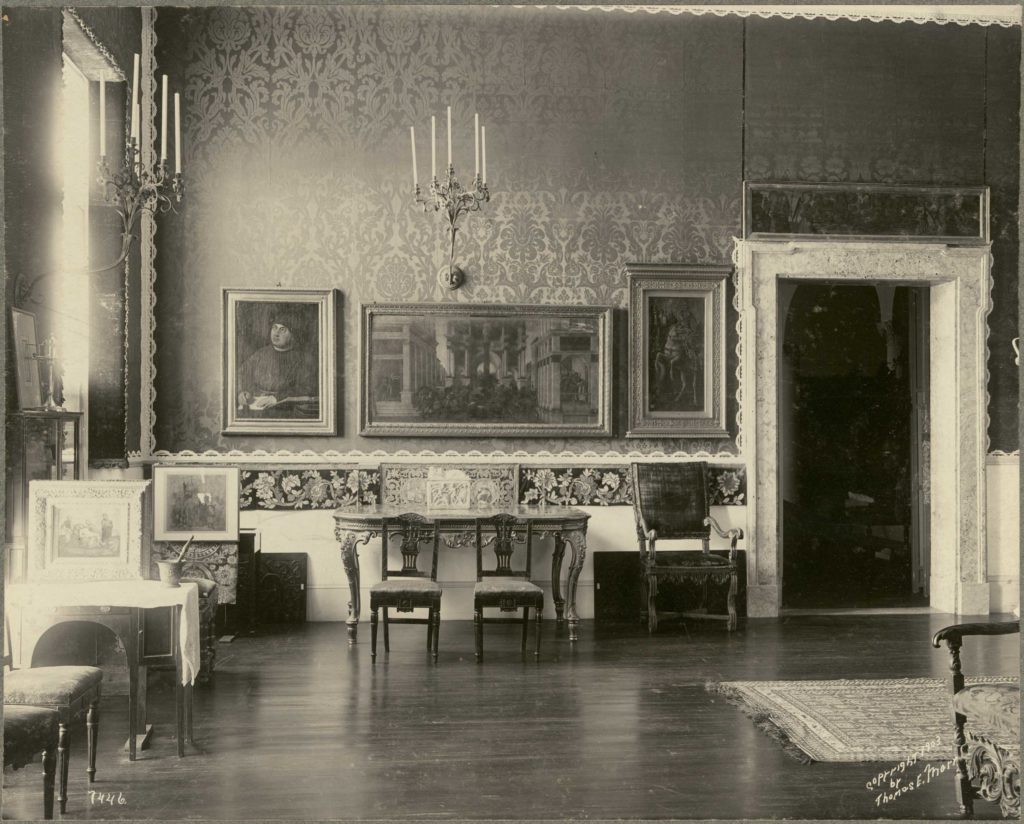
Unprecedented loans for this exhibition include The Story of Virginia from the Accademia Carrara, Bergamo, never before seen in the United States. Thanks to the exceptional generosity of the National Gallery, London, and the Metropolitan Museum of Art, New York, the Gardner exhibition also reunites three of four panels from another spalliera depicting the story of the early Christian saint, Zenobius, celebrated in Florence as the city’s first native bishop. Botticelli’s unique, unfinished Adoration of the Magi, on loan from the Galleria degli Uffizi, Florence, offers a rare insight into his working methods while two large-scale drawings of the same composition from the Fitzwilliam Museum, Cambridge, illuminate how he reworked figure groups for multiple compositions of diverse functions.
“Botticelli: Heroines and Heroes” is on view at the Isabella Stewart Gardner Museum (Boston, MA) through May 19, 2019.
Sign up to receive Fine Art Today, the free weekly e-newsletter from
Fine Art Connoisseur magazine.







